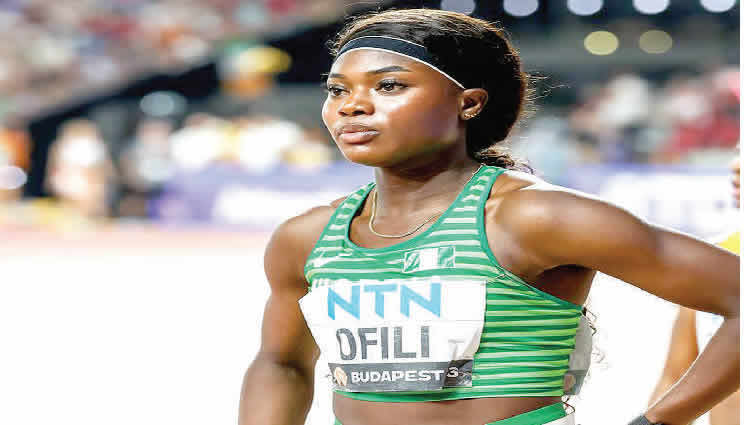The 2024 Paris Olympics, held from July 26 to August 11, ended without any medals for Nigeria, a result attributed not only to athlete performance but also to various administrative failures within the nation’s sports federations. A significant controversy arose regarding the exclusion of sprinter Favour Ofili from the women’s 100-meter race, which an investigative committee established by the Federal Government has linked directly to negligence by officials of the Athletics Federation of Nigeria (AFN). The committee’s findings suggest systemic issues that compounded the failure to adequately support athletes, raising concerns about the governance of athletics in Nigeria.
The investigative committee, led by Chairman Mumini Alao, found that the omission of Ofili’s name from the eligible competitors list stemmed from multiple organizations’ failures, namely the AFN, the Nigeria Olympic Committee, World Athletics, and the International Olympic Committee. It analyzed the decision-making processes and communications that led to this oversight, highlighting significant lapses that contributed to the mishap. The report underscored the need for accountability among sports officials, emphasizing that such oversights can massively impact athletes’ careers and national representation at international sporting events.
Critical mentions in the committee’s findings included Rita Mosindi, Secretary General of the AFN, whose negligence in effectively communicating with the Ministry of Sports Development and the Nigeria Olympic Committee about Ofili’s event status was flagged as a major issue. This communication breakdown, the committee asserted, prevented timely action that could have rectified Ofili’s registration status before the games commenced. Additionally, the AFN’s Technical Director, Samuel Onikeku, was cited for poor judgment in failing to act on prior warnings regarding Ofili’s non-registration. His inaction untimely led to a situation that could have potentially been salvaged with prompt reporting or intervention.
In light of these findings, the committee recommended that appropriate penalties be imposed on the specified officials involved in the mishandling of Ofili’s registration. They also determined that the AFN should compensate Ofili with a payment of N8 million to address the emotional distress and disappointment brought on by the oversight. Expectations of accountability within sports organizations were reinforced, as the committee pointed out that athletes should not have to suffer due to administrative incompetence.
Another incident highlighted in the committee’s report involved cyclist Ese Ukpeseraye, who disclosed via a social media post that she had to borrow a track bike from a German team to compete. This statement drew significant criticism and embarrassment to the Nigerian team, prompting the committee to mandate that Ukpeseraye issue a formal apology to both the Nigerian Cycling Federation and the wider Nigerian contingent at the Olympics. This recommendation reflects the heightened awareness of the impact that athletes’ statements can have on national pride and the coherence of a sports delegation at international events.
The committee’s findings and recommendations were submitted to the defunct Ministry of Sports Development on October 22, just a day before President Tinubu dissolved the ministry and reassigned its functions to the National Sports Commission, chaired by Shehu Dikko. This change in governance could prompt further investigations into sports management in Nigeria, emphasizing the importance of proper oversight and communication channels in ensuring that athletes receive the support and representation they need. The incidents at the Paris Olympics serve as a critical reminder of the consequences of administrative neglect in sports and call for reforms that would bolster Nigeria’s athletic potential in future competitions.














